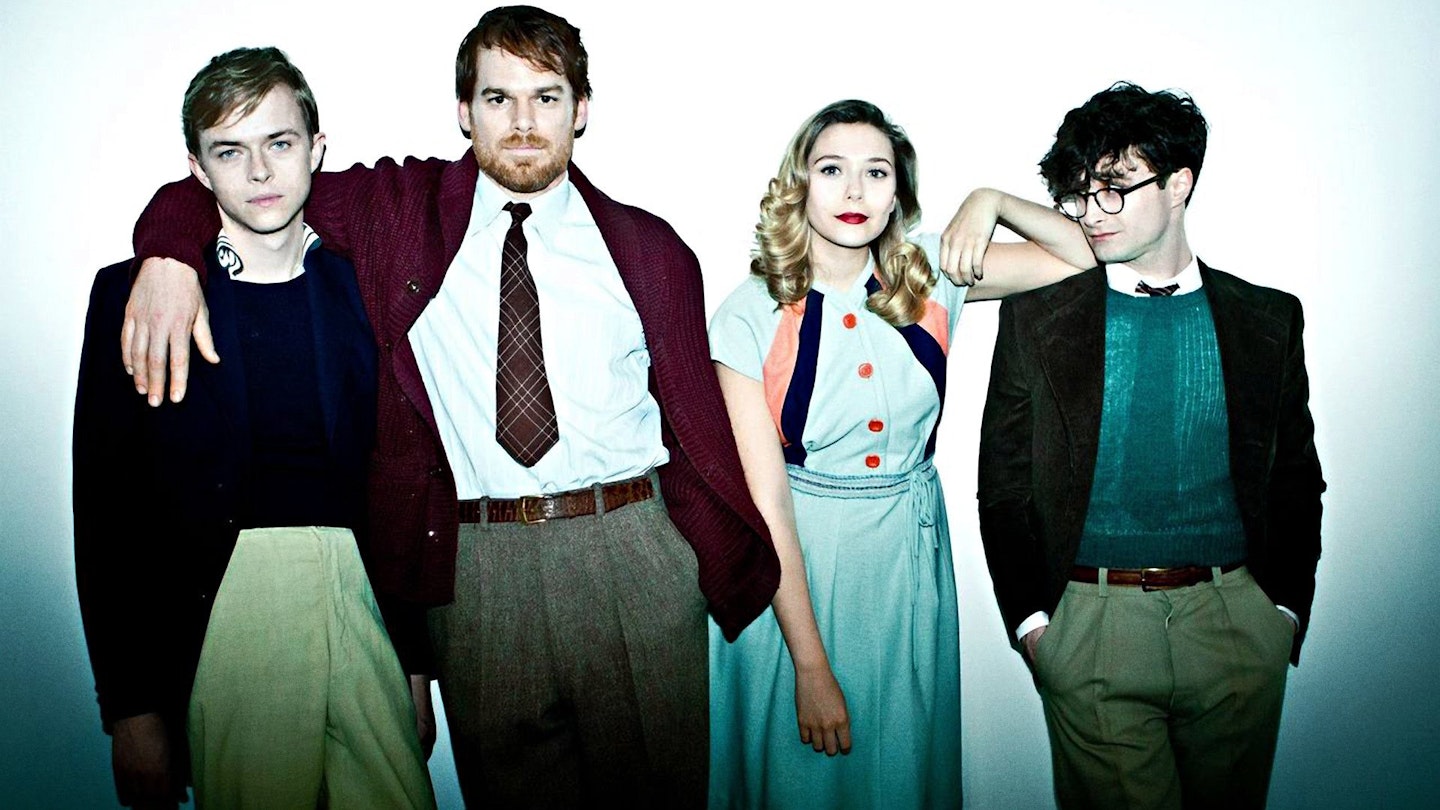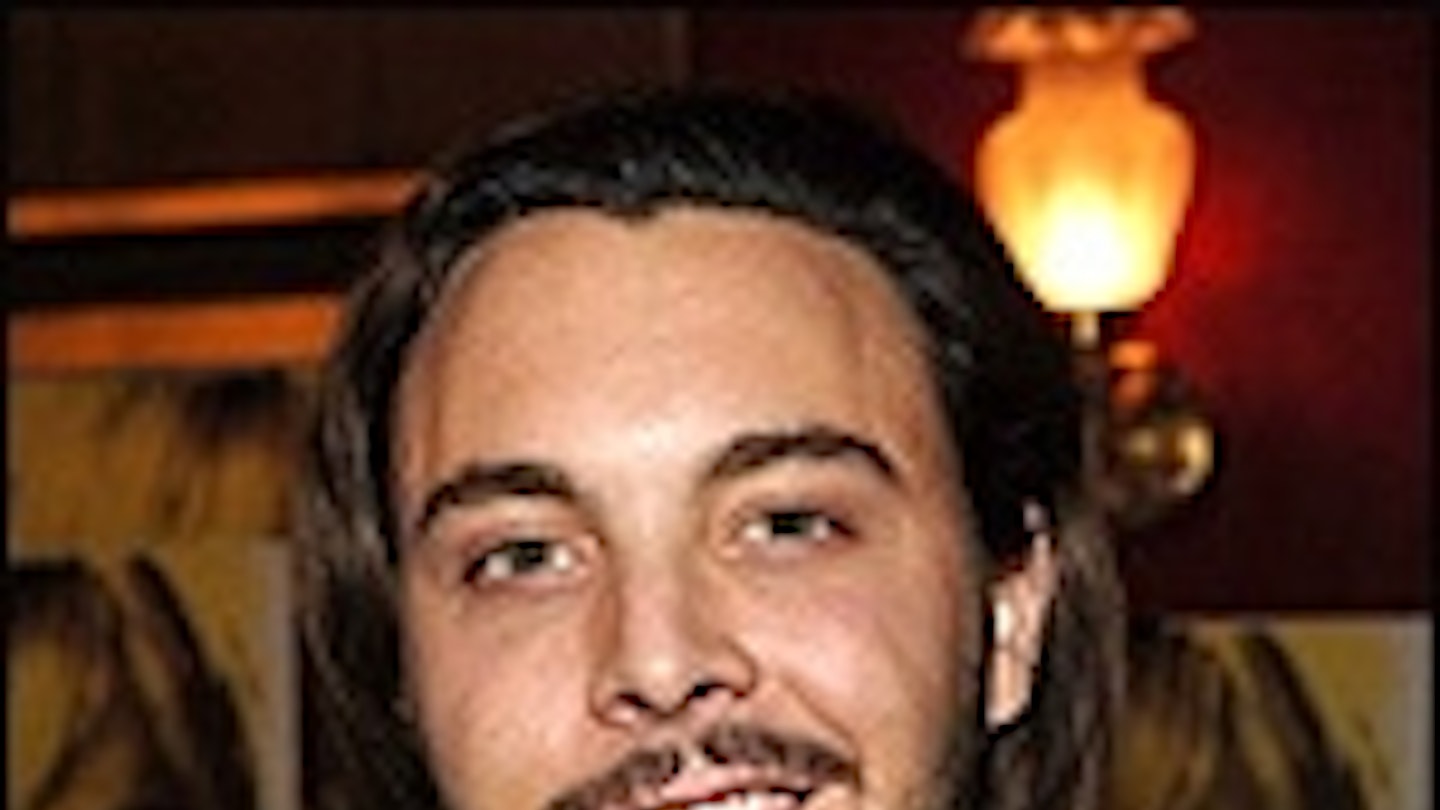In the literary world, the murder of David Kammerer by Lucien Carr in 1944 is as close as you get to an origins tale. Without it, the group of writers known as the Beat Generation may never have had the impact they did on the world of letters. The event, which usually forms a seemingly incidental but actually rather vital part of the preamble in the biographies of Allen Ginsberg, Jack Kerouac and William S. Burroughs, was in some ways the Big Bang of the movement, bringing the three together and finally flinging them out on their individual journeys.
The nominal star of the film is Daniel Radcliffe, who, as the poet Ginsberg, is our entry point into this world. Though he will later write a eulogy for the lowlifes, addicts and hustlers that enter his life (in the poem Howl), Ginsberg at this point is a middle-class bohemian, the son of well-known poet Louis Ginsberg, and far from rebellious. Enrolling at Columbia University he meets the true antihero of the piece — Lucien Carr (Dane DeHaan), an intense, anarchic fellow student, who forces Ginsberg to question everything his bourgeois education has taught him.
Carr, then 19, is perhaps the prototype for Ginsberg’s “angel-headed hipsters”, a candle that burns so brightly it attracts a moth in the shape of David Kammerer (Michael C. Hall), an older man in his early thirties, who pursues Carr around the country. To us, Kammerer’s intentions are clearly sexual, but the young Ginsberg — somewhat sheltered as a teenager, on account of having a schizophrenic mother to care for — takes some time to catch
on. Meanwhile, Carr is feeling increasingly smothered by the “old man”, and his fuse is soon to blow.
It is intellectual (rather than homosexual) awakening that director John Krokidas chooses as the crux of his excellent film: the dreams of youth, and the chance meeting of three seminal writers who would feed and expand upon each other’s ideas. Radcliffe is very good as the young Ginsberg, perfectly capturing his innocence and sense of adventure, while Ben Foster makes a convincing Burroughs. The story is somewhat specialised but as films about writers go, especially the Beats, this is one of the best, an intoxicating, absorbing and handsome exploration of what it really means to be inspired.

